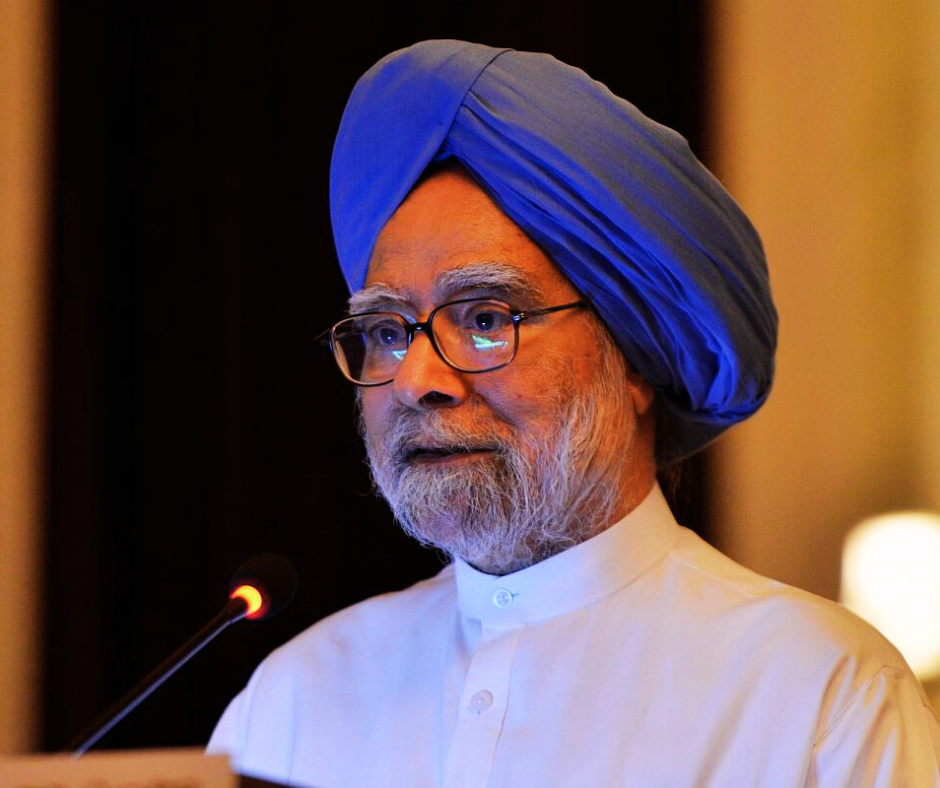BENGALURU, India: Within just five hours, retired professor Kamta Prasad Singh lost his life savings to cybercriminals posing as police officers. Sitting at home, the 62-year-old became the victim of a rising cybercrime trend in India, known as the “digital arrest” scam.
This sophisticated fraud sees scammers impersonate law enforcement officials, coercing victims into transferring large sums of money under false pretenses. The alarming spread of these scams has prompted Prime Minister Narendra Modi to issue public warnings.
A Life’s Work Lost in Moments
Singh, who spent decades saving diligently, recounted his heartbreak to AFP.
“Over the years, I skipped having tea outside, walked instead of using public transport… Only I know how I saved my money,” he said, his voice breaking.
In December, Singh received a call from someone claiming to represent the telecom regulatory authority. The caller alleged his Aadhaar ID, India’s unique biometric identification system, was being misused for illegal transactions. Posing as police, the scammers threatened Singh with arrest and pressured him into transferring over $16,100 (RM72,376) to “validate” his account.
“I have lost sleep and don’t feel like eating. I have been ruined,” Singh said.
Exploiting Technology and Fear
India’s rapid digitalization, coupled with low public awareness of cybersecurity, has provided fertile ground for these scams. Fraudsters exploit personal data breaches, often quoting Aadhaar numbers to appear legitimate.
“They create so much psychological pressure on the victim,” Prime Minister Modi said in an October address, highlighting how fear drives victims to empty their bank accounts.
The Human Toll of Fraud
The impact of these scams goes beyond financial loss. Kaveri, a 71-year-old widow, shared how scammers posing as FedEx officials and law enforcement duped her into transferring $120,000 (RM539,408) from a recent house sale.
“They had all my details and sent forged documents that looked official,” she said. “Those days felt like a tunnel.”
Similarly, Meeta, a 35-year-old health professional, fell prey to a video call scam that mimicked a police station. Despite informing her bank of the fraud, she remains liable for a $2,300 loan the scammers instructed her to take out.
“My trust in banks is gone,” Meeta said. “I hope those thieves rot in hell.”
A Growing Crisis
India reported over 17,000 cybercrimes in 2022, including 6,491 cases of online banking fraud, according to government data. Scammers range from uneducated individuals to tech-savvy perpetrators skilled at mimicking government protocols.
Police officer Sushil Kumar, a seasoned cybercrime investigator, emphasized the danger of these scams. “They know exactly how to make their demands sound credible and urgent,” he said.
Urgent Need for Awareness
As digital adoption accelerates, so too does the need for robust cybersecurity education. The devastating personal stories of victims like Singh, Kaveri, and Meeta underscore the critical importance of vigilance in an increasingly connected world.




